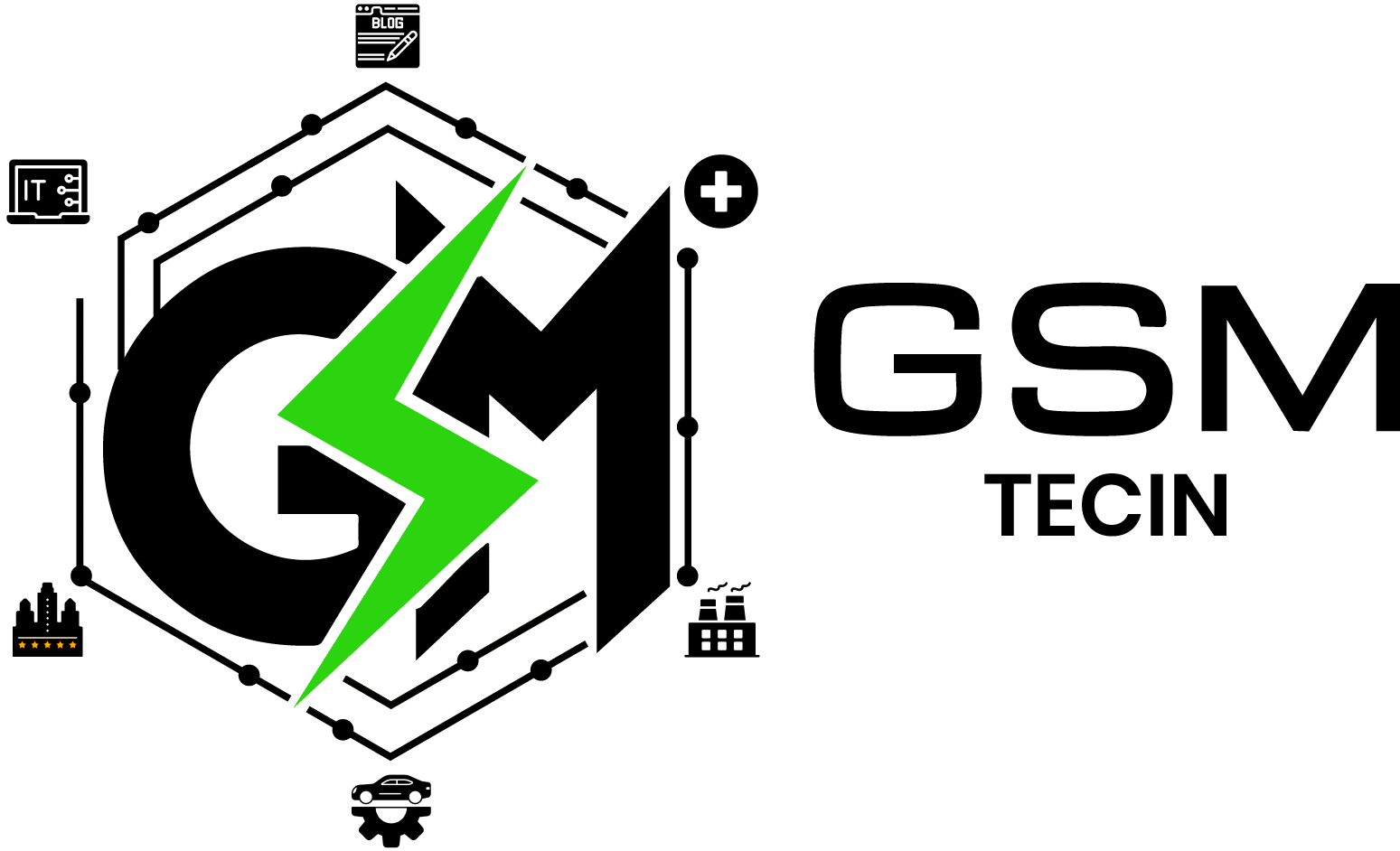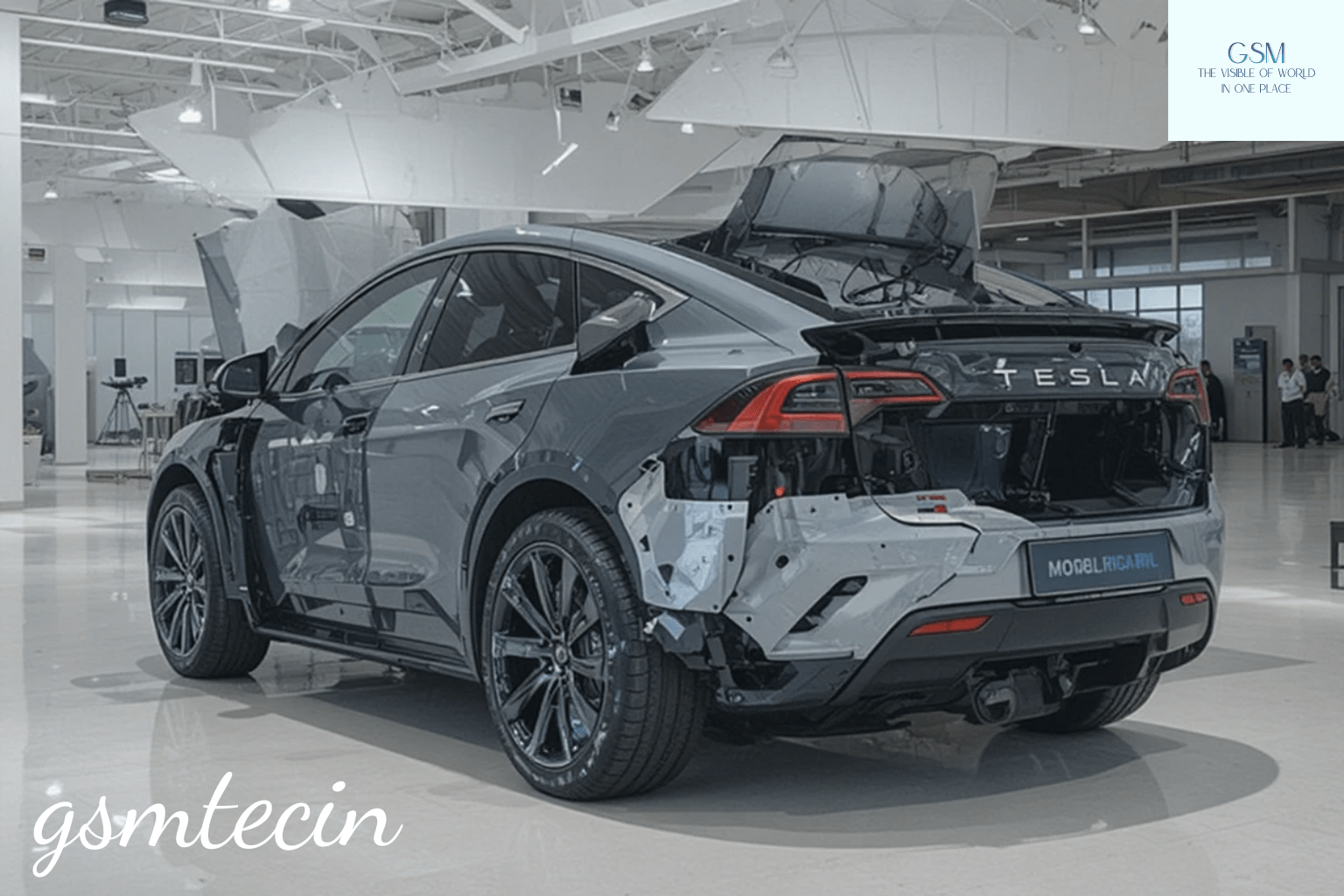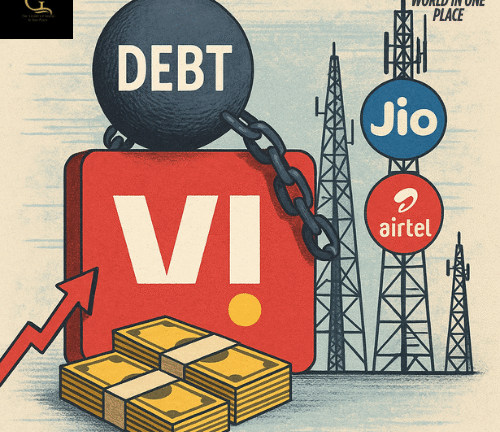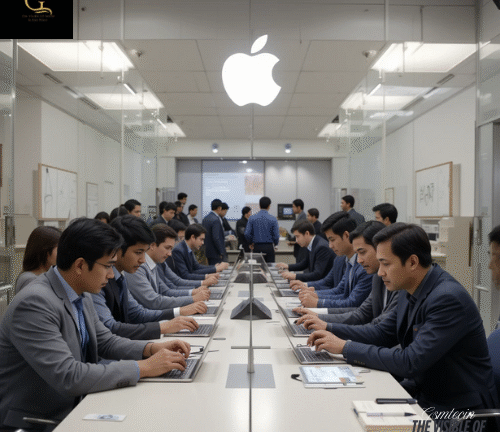Introduction
Tesla has officially launched the Model Y in India, marking an important turning point in the history of electric vehicles (EVs). The Elon Musk-led American EV behemoth has started shipping after almost ten years of negotiations and anticipation. Each purchase comes with a free home charging wall connector. In addition to enhancing Tesla’s brand appeal, this action solves a major issue for Indian EV consumers: the availability of convenient home charging infrastructure.
The Arrival of Tesla in India
Prime Minister Narendra Modi’s visit to Tesla’s Fremont facility in 2015 marked the start of the company’s entry into India. However, Tesla postponed the launch because of infrastructure issues, high import duties, and policy disputes. In 2025, Tesla has finally begun delivering cars, starting with the Model Y, which is its best-selling SUV worldwide, thanks to encouraging EV laws and rising demand.
Why the Model Y?
The Tesla Model Y was selected as the debut model because of its global success and strong appeal among SUV-loving Indian consumers. In a mid-sized package, it blends performance, usefulness, and state-of-the-art technology.
Key features:
- Variants: Long Range and Performance
- Seating: 5 or 7 seats
- Range: ~530–600 km (WLTP)
- Acceleration: 0–100 km/h in as little as 3.7 sec
- Interior: Minimalist design, panoramic roof, premium seats
- Technology: 15-inch touchscreen, Autopilot, OTA updates
- Safety: 5-star ratings in global crash tests
Free Wall Connector
With every Model Y, Tesla is giving away a Wall Connector to make EV ownership easy. Depending on the power source, the home charger can deliver up to 71 km of range per hour and can be placed in parking lots or garages. It integrates with the Tesla app, is weatherproof, and supports single- and three-phase connections. This action reduces charging anxiety, particularly for Indian first-time EV buyers.
Plans for Supercharger Networks
In addition to home charging, Tesla is getting ready to expand its network of Superchargers throughout major cities, including Hyderabad, Chennai, Bengaluru, Delhi, and Mumbai. In order to make long-distance EV travel more practical, the first phase will also incorporate key highway routes like the Mumbai–Pune Motorway and the Delhi–Agra–Jaipur Motorway.
Cost and Rivalry
The Model Y is more expensive because of India’s high import taxes on fully constructed units (CBUs):
- Long Range Model Y: ₹70–75 lakh
- Performance of Model Y: ₹90 lakh to ₹1 crore
Despite its high price, it offers better range and technology than other luxury EVs like the Volvo XC40 Recharge (₹60 lakh), Mercedes EQB (₹77 lakh), and BMW iX (₹1.2 crore).
According to recent data from Autocar India, the RWD variant’s starting price is ₹59.89 lakh, while the Long Range RWD’s price is ₹67.89 lakh.
Government Benefits and Policies
Even though the expensive Model Y is not eligible for subsidies, Tesla’s entry is supported by India’s FAME II scheme and other state EV incentives. While the government is pushing Tesla to think about local assembly, many states provide reduced road taxes, priority registration, and green plates, which could result in future price reductions.
Consumer Advantages and Difficulties
For Indian consumers, Tesla offers a number of benefits:
- Having access to a well-known EV brand worldwide
- Advanced functions like OTA updates and Autopilot
- Easy at-home charging with the free wall unit
- powerful status symbol and brand value
The high cost, inadequate infrastructure for charging, post-purchase assistance, and escalating competition from domestic and international automakers are still issues, though.
Impact on Industry
It is anticipated that Tesla’s arrival will fundamentally alter the EV ecosystem in India:
- Infrastructure for charging and renewable energy is receiving more funding.
- Transferring technology and encouraging innovation among Indian manufacturers
- Growing consumer confidence and awareness of EVs
- Accelerated policies as governments look to increase investment
Prospective Roadmap
With the Long Range Model Y variant scheduled for delivery and the opening of more experience centres, including the new one in Delhi’s Aerocity, Tesla intends to grow quickly in India. In addition, the business intends to investigate local manufacturing, battery production, and solar energy options in addition to launching the Model 3 sedan.
Furthermore, Tesla wants to establish a network of charging stations in eight cities, including Jaipur, Hyderabad, Pune, Chennai, Bengaluru, and Ahmedabad.
In conclusion
The introduction of the Tesla Model Y, which comes with a free wall connector, marks an important turning point in India’s transition to sustainable mobility. Tesla leverages its technology, infrastructure plans, and strong brand appeal to drive India’s EV revolution, even though its premium pricing may initially limit accessibility. As Tesla expands infrastructure and launches new models, it is set to reshape the nation’s automotive landscape, making EVs a popular choice for Indian consumers.





